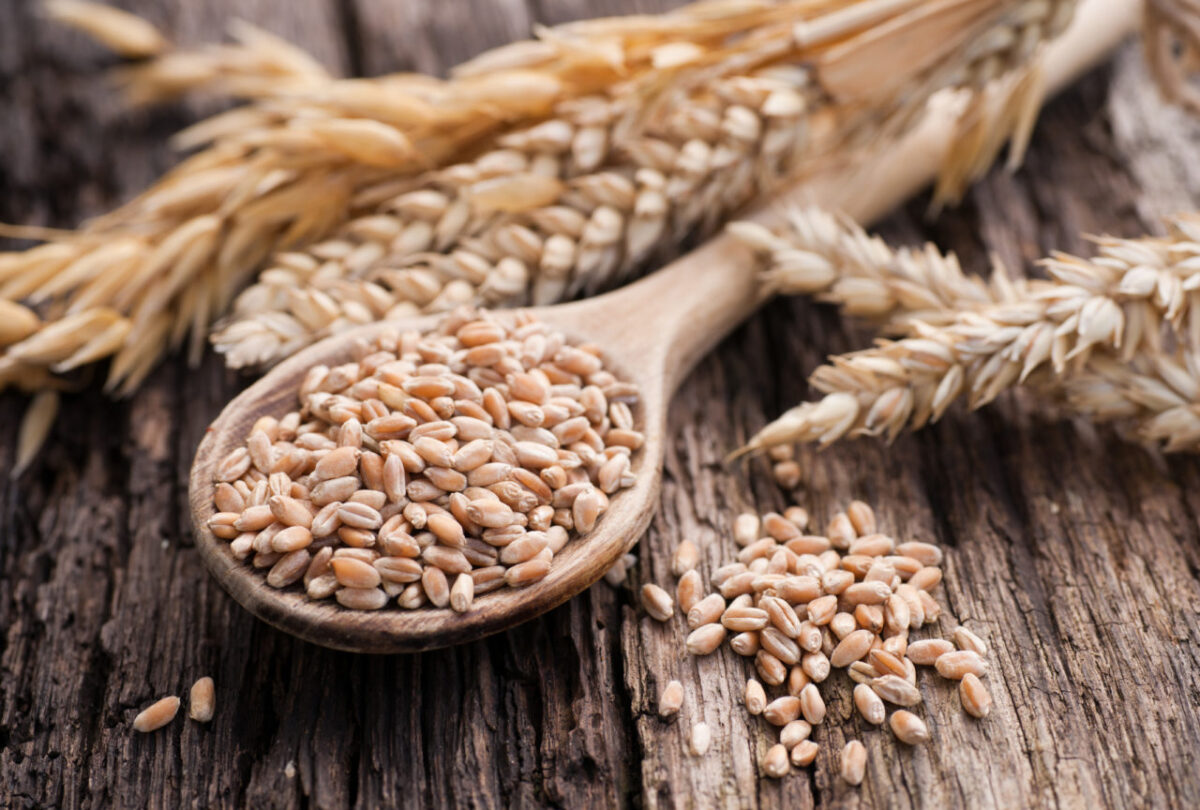If you are facing digestion problems, consuming certain foods might help to mitigate those symptoms. This entails dairy products such as yogurt, foods with high fiber content such as leafy greens, and whole grains.
A lot of people struggle with gastrointestinal problems that include abdominal pain, gas, stomach discomfort, constipation, and diarrhea for multiple reasons.
Even healthy individuals could suffer from digestion problems that result from an insufficient amount of fiber or probiotics in their diets.
Our digestive system plays a very significant role in our well-being since it is responsible for retaining essential nutrients and eliminating harmful toxins from our bodies. Hence keeping it healthy and happy is super important.
Here are 5 foods you should incorporate in your diet that will help to minimize digestion problems and will help to boost metabolism:
Table of Contents
Yogurt

Yogurt is obtained by fermenting milk with lactic acid bacteria. It is loaded with helpful bacteria known as Probiotics, which are beneficial for our gut health. These probiotics contribute to keeping an appropriate balance of bacteria in our gastrointestinal tracts, which is important for the process of digestion. They are also believed to enhance the absorption of lactose (milk sugar). Eating yogurt daily is beneficial for aspects such as breaking down lactose and maintaining usual bowel movements. However, not all yogurts contain probiotics. While buying, check for the phrase “live and active cultures” on the packaging.
Ginger

Ginger has been widely used for generations as an herbal remedy against indigestion and nausea. Ginger can help us produce more saliva, which improves our digestion. The yellowish root of ginger has been found to enhance gastrointestinal discharge. Be it from overheating or food intolerance, ginger can help alleviate digestion problems such as gas, heartburn, stomach discomfort, and diarrhea by passing the food from the stomach to the small intestine more efficiently. You may add fresh ginger to your food or consume ginger tea for its stomach-soothing properties.
Whole Grains

To be considered a whole grain, it must include 100% of the kernel, which includes the germ, bran, and endosperm. Whole grains, such as Farro, oats, brown rice, and quinoa are high in fiber, which acts as a savior in aiding digestion. Fiber contributes to bulking up your bowel movements, which makes it easy to pass and minimizes constipation. Furthermore, whole grains work as prebiotics, assisting in nourishing healthy bacteria in the gastrointestinal tract.
Leafy Greens

Green leafy vegetables are effective providers of insoluble dietary fiber. These insoluble fibers bulk up the feces, making it move faster through the gastrointestinal tract. Green leafy vegetables are high in magnesium, a mineral that can help alleviate congestion by increasing muscular contractions in the gastrointestinal system. According to a study, a unique sugar is present in green leafy vegetables that nourishes beneficial bacteria in your stomach. The sugar is known to ease the digestion process and restrict harmful bacteria that might cause discomfort. Spinach, Brussels sprouts, Lettuce, broccoli, and other leafy greens are among the most popular green veggies that help to ease digestion.
Fermented Foods

Foods like sauerkraut, kimchi, and kefir are packed with probiotics, which are helpers for our bowel movements. Probiotics are fermented nutrients that assist our bodies to digest the food more effectively. They further assist us absorb nutrients and strengthen our gut walls. Eating fermented foods consistently may significantly enhance the digestion process and make our intestines healthy.
Digestive problems can be challenging; however, certain foods may be useful in reducing these unpleasant feelings of indigestion.
If you are looking for solutions to your gastrointestinal issues, try including these five foods in your daily diet.



